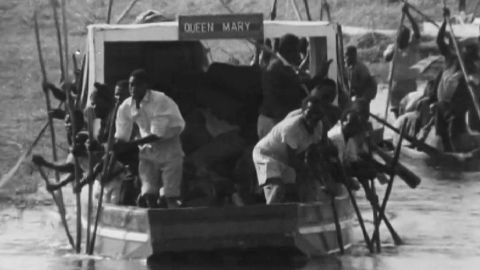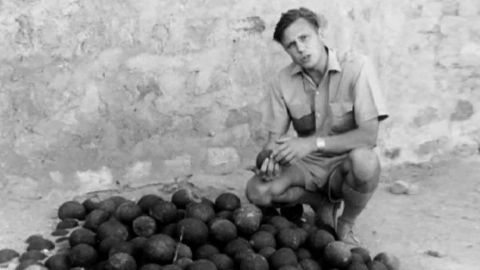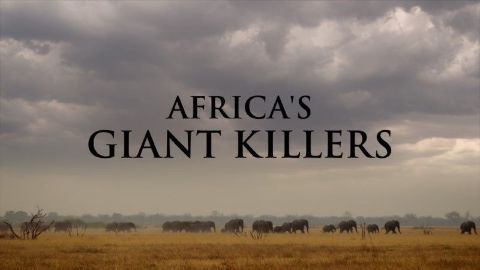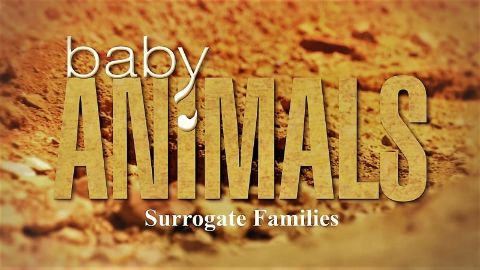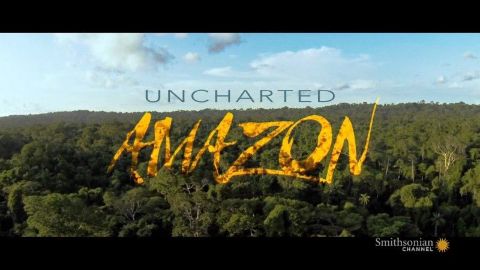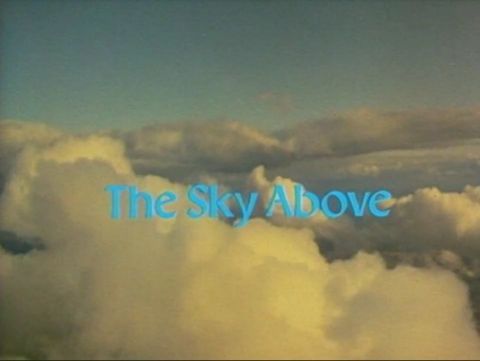The Ancient Highway • 1965 • episode "S1E2" • Zambezi
First transmitted in 1965. David Attenborough continues his journey along the Zambezi River. This episode begins at Victoria Falls, the largest waterfall in the world. At the foot of the falls, with its moist climate, a wealth of plants and animals can be found, such as hyraxes. To coax the hyraxes out of hiding, David Attenborough illustrates why taking a dog whistle with you while on an African adventure is a very good idea indeed. Other highlights encountered on the way include an estivating lungfish and a herd of elephants washing and dust bathing at a water hole.Further along his journey David Attenborough explores a Portuguese fortress at Tete, believed to have been built over 400 years ago, and assesses the impact of the then newly constructed Kariba Dam, one of the largest dams in the world, on the displaced Tonga people and surrounding countryside.
Make a donation
Buy a brother a hot coffee? Or a cold beer?
Hope you're finding these documentaries fascinating and eye-opening. It's just me, working hard behind the scenes to bring you this enriching content.
Running and maintaining a website like this takes time and resources. That's why I'm reaching out to you. If you appreciate what I do and would like to support my efforts, would you consider "buying me a coffee"?
Donation addresses
BTC: bc1q8ldskxh4x9qnddhcrgcun8rtvddeldm2a07r2v
ETH: 0x5CCAAA1afc5c5D814129d99277dDb5A979672116
With your donation through , you can show your appreciation and help me keep this project going. Every contribution, no matter how small, makes a significant impact. It goes directly towards covering server costs.
